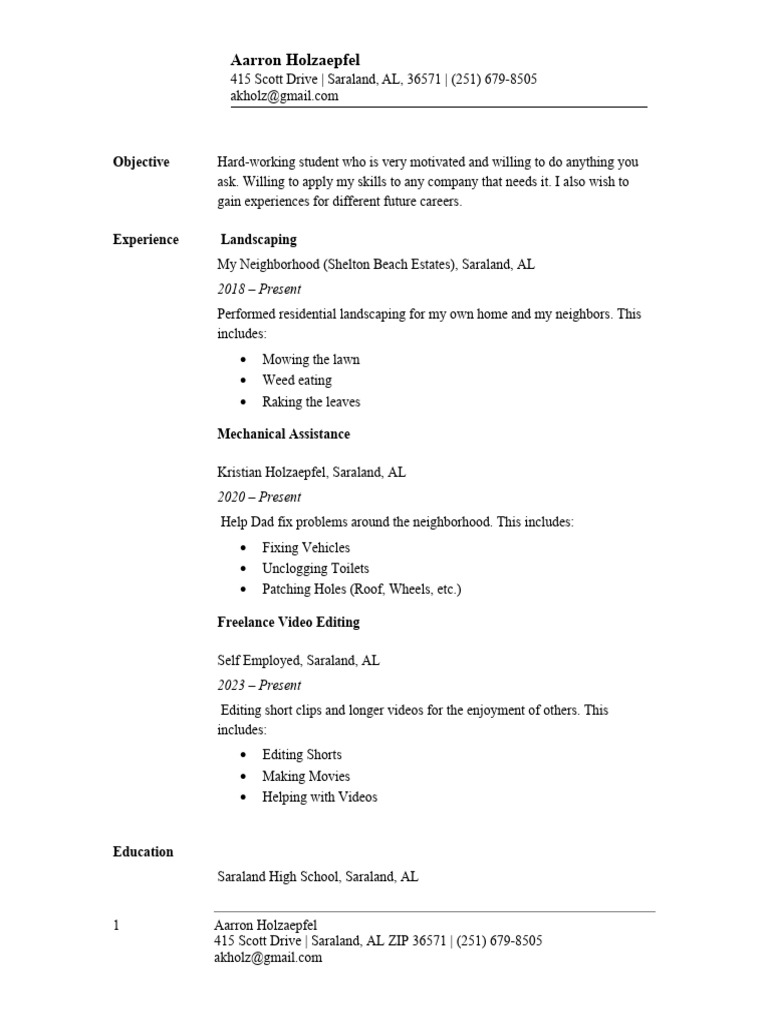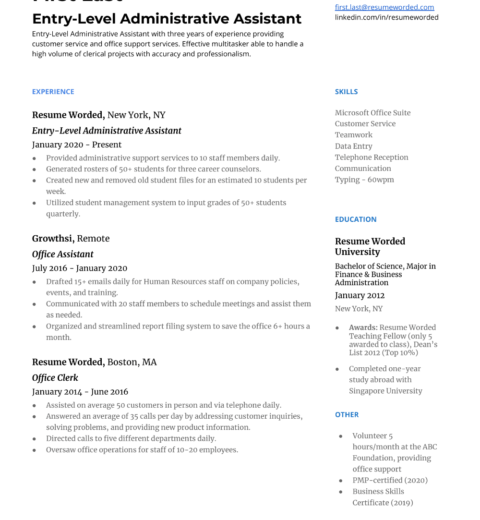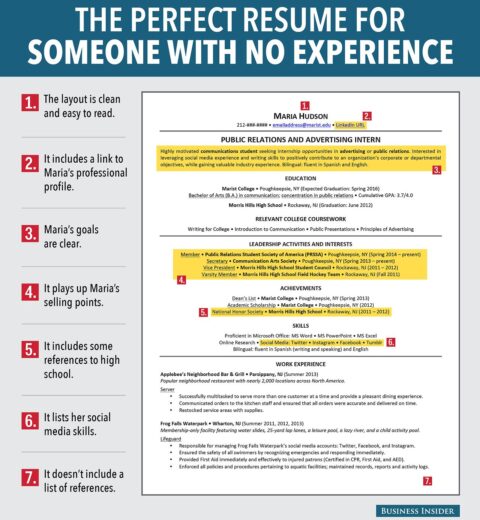In the realm of job applications, the resume serves as a beacon, guiding potential employers toward the most promising candidates. As the world of work continues to evolve, the question of whether candidates should include their addresses on their resumes has sparked considerable debate. As we navigate through 2025, we must delineate the factors influencing this decision in a landscape shaped by technological advancement and shifting societal norms.
Picture the resume as a meticulously crafted map. Traditionally, an address would pinpoint the geographical location of the candidate, an essential detail for recruiters to assess logistics. However, the landscape has changed. The rise of remote work has rendered geographical proximity less relevant. Employers, more than ever, are unshackling themselves from the confines of traditional office settings, focusing instead on talent efficacy regardless of its origin.
This transition invites a reexamination of address inclusivity on resumes. In years past, having a physical address was not only standard but often expected. However, what does it convey in 2025? A precise location might suggest stability and commitment to a particular geographic area. On the other hand, not including one could indicate a progressive stance, embracing flexibility and a modern work ethic.
Geographic implications extend beyond mere location. Prospective employers may subconsciously attribute characteristics to candidates based on their addresses. A resume listing a prestigious zip code may inadvertently sway judgments, introducing biases regarding affluence or capability, while a less affluent locale might evoke assumptions of struggle. Such preconceptions, albeit often unfounded, reveal how fraught with complexity the simple act of listing one’s address can be.
Moreover, as conversations regarding privacy and security take center stage, candidates are urged to consider the ramifications of sharing their addresses. In a society increasingly dominated by online interactions, revealing one’s residence can expose individuals to potential risks, including identity theft or unwarranted attention. The digital sphere has emerged as a double-edged sword, facilitating connections while concurrently necessitating caution.
As we ponder these implications, it is crucial to weigh the nuances of one’s specific industry. Certain fields, particularly those entwined with remote work or global operations, might not value geographic identifiers as much as others—like localized industries that signify a need for physical presence. In sectors such as technology, marketing, and consulting, the absence of an address might not raise eyebrows; it can even signify adaptability to modern practices.
Another critical factor to consider is the applicant tracking systems (ATS) used by many organizations today. These systems parse resumes for specific keywords and phrases, enabling recruiters to sift through countless applications efficiently. While including an address can lend a certain traditional flair, it is essential to focus on the resume’s content, ensuring that skills and experiences take precedence. The weight of an address may pale in comparison to a well-structured overview of qualifications.
Yet, for individuals who choose to retain their addresses, strategic considerations abound. Including an address can indicate the candidate’s willingness to commute if needed, which might be reassuring for employers seeking someone willing to integrate into the local culture or teams. A physical address could also facilitate tailored correspondence, highlighting the candidate’s proactive nature when navigating job opportunities.
As with any decision, personal context is paramount. A younger professional, fresh out of college, might opt to keep their family home address, suggesting practicality in job searching without being tied to a local network. Conversely, seasoned professionals may choose to forgo their address, signaling independence and a wealth of experience that transcends geography.
In parallel, candidates must evaluate the intended message of their resumes. The inclusion or exclusion of an address can subtly alter perceptions and influence the narrative they wish to convey. A comprehensive overview of credentials, qualifications, and aspirations might overshadow any implications that a geographic location could invoke.
The fluidity of job markets and remote work culture beckons us to explore alternative ways of presenting oneself. A modern resume, devoid of an address, can serve as a testament to adaptability, resonating with employers who offer remote work options. Candidates may focus on highlighting their skill sets, accomplishments, and the value they bring to the table, thereby steering conversations away from geographic concerns entirely.
Ultimately, whether to include an address on a resume in 2025 is laden with introspection and strategy. Candidates must consider their industry, the potential ramifications on perceptions, and their unique circumstances. In an era characterized by virtual connections, the traditional map that guided applicants in years past is steadily morphing into new forms, where location may no longer define a candidate’s worth—skill, innovation, and adaptability shall reign supreme.
In the crossroads of tradition and modernity, the choice to include an address on a resume embodies far more than a mere line of text. It is a reflection of one’s professional identity, a curated narrative crafted for an audience amid constant change. As we forge ahead in this dynamic landscape, candidates would do well to navigate their own maps with both clarity and intention, ensuring they remain prepared for the opportunities that lie ahead.




